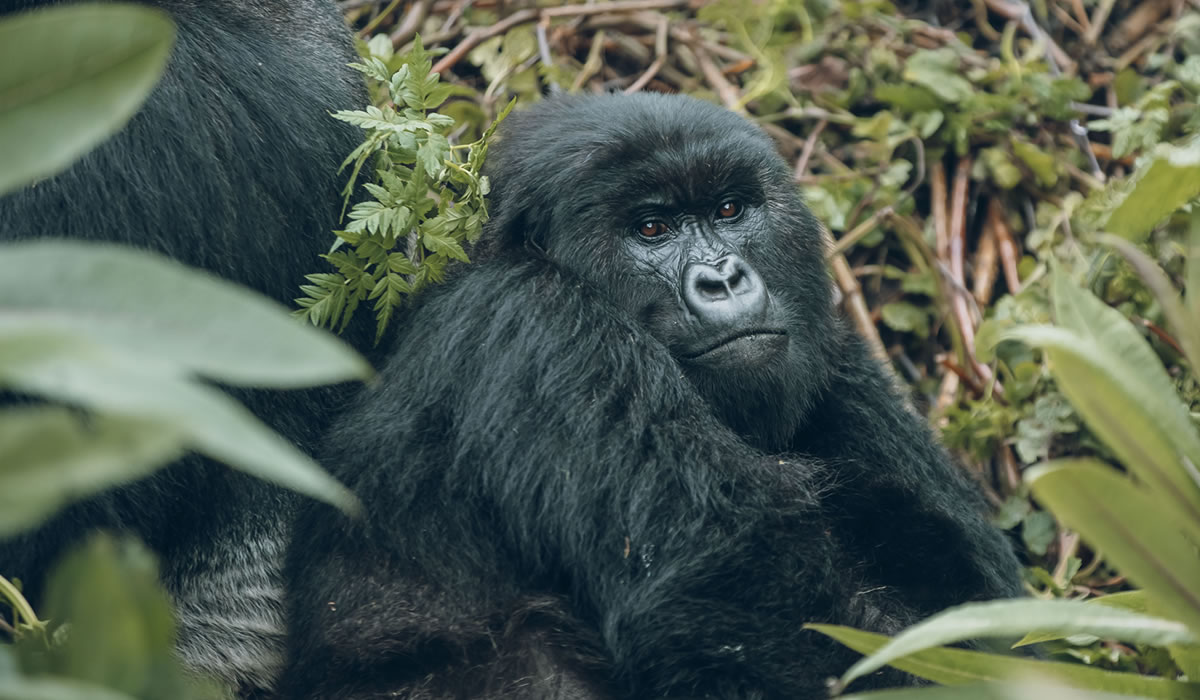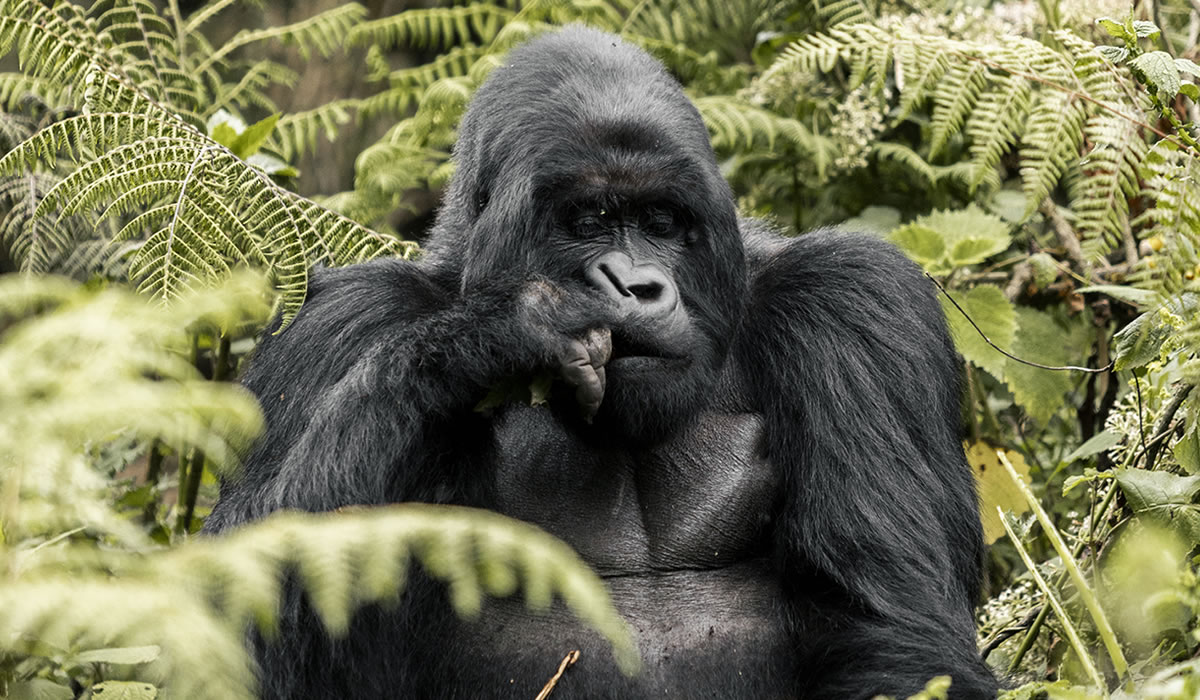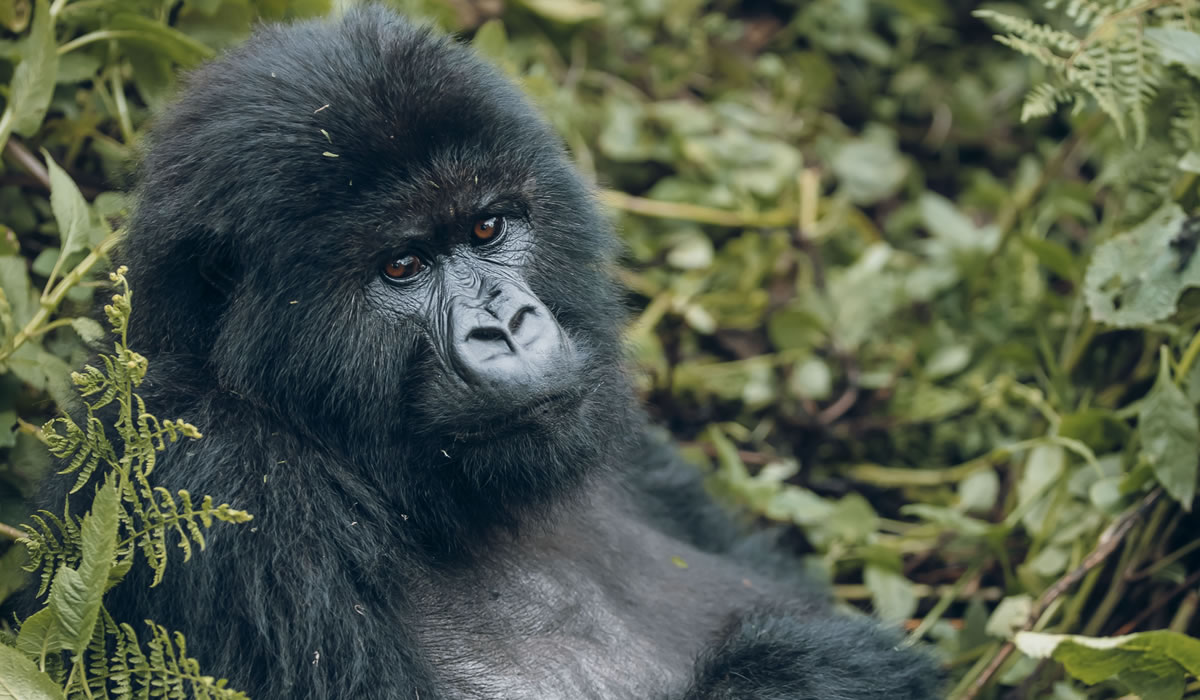Gorilla trekking in Rwanda is one of the most extraordinary wildlife experiences on Earth. Nestled…
Popular Tourist Activities in Rwanda
From its misty mountains and lush rainforests to vibrant cities and poignant historical sites, Rwanda is a country that has transformed itself into one of Africa’s most compelling travel destinations. Whether you’re an adventure seeker, a wildlife enthusiast, a history buff, or a cultural explorer, Rwanda has something extraordinary to offer. This article explores the most popular tourist activities in Rwanda, providing a comprehensive guide for anyone planning a visit to this remarkable country.
One of the most iconic and sought-after experiences in Rwanda is gorilla trekking in Volcanoes National Park. Located in the northwestern part of the country, this park is home to the endangered mountain gorillas, and trekking to see them in their natural habitat is a bucket-list adventure for many. The experience is both humbling and exhilarating, as visitors hike through dense bamboo forests and volcanic terrain to spend an hour observing these majestic creatures. Permits are required and limited, so booking in advance is essential. The park also offers golden monkey trekking, birdwatching, and hikes to the Dian Fossey tomb, adding layers of depth to the wildlife experience.
Beyond gorillas, Rwanda’s national parks offer diverse ecosystems and wildlife encounters. Akagera National Park, located in the eastern part of the country, is a haven for safari lovers. Unlike the mountainous terrain of Volcanoes, Akagera features savannahs, wetlands, and woodlands, making it ideal for game drives. Visitors can spot the Big Five; lion, leopard, elephant, buffalo, and rhino alongside giraffes, zebras, antelopes, and over 500 bird species. Boat safaris on Lake Ihema provide a unique perspective, allowing tourists to view hippos, crocodiles, and aquatic birds in their natural environment. Akagera’s resurgence as a conservation success story makes it a must-visit for eco-conscious travelers.
For those drawn to primates and forest adventures, Nyungwe Forest National Park in southwestern Rwanda is a treasure trove. This ancient rainforest is one of Africa’s oldest and most biodiverse, offering thrilling chimpanzee trekking experiences. The park is also home to 13 other primate species, including colobus monkeys and L’Hoest’s monkeys. Hiking trails wind through the forest, leading to waterfalls, panoramic viewpoints, and the famous Canopy Walk, a suspended bridge that offers breathtaking views above the treetops. Nyungwe is a paradise for birdwatchers, with over 300 recorded species, including many endemics.
Rwanda’s capital city, Kigali, is often the starting point for most travelers and deserves exploration in its own right. Clean, safe, and modern, Kigali offers a blend of history, culture, and urban charm. The Kigali Genocide Memorial is a deeply moving site that honors the victims of the 1994 genocide against the Tutsi. Through exhibits, personal stories, and mass graves, the memorial provides insight into Rwanda’s tragic past and its remarkable journey of reconciliation and healing. Visiting the memorial is a powerful experience that fosters understanding and respect for the resilience of the Rwandan people.
Art and culture thrive in Kigali, with places like the Niyo Art Gallery showcasing vibrant local talent. The gallery not only displays paintings and sculptures but also hosts drumming sessions and supports underprivileged children through art education. The Inema Arts Center is another hub for contemporary Rwandan art, offering workshops, exhibitions, and performances. For those interested in local crafts, the Caplaki Craft Village is a great spot to shop for handmade baskets, jewelry, and textiles while supporting local artisans.
Rwanda’s cultural heritage is also celebrated in rural settings, such as the Gorilla Guardians Village near Volcanoes National Park. Formerly known as the Iby’Iwacu Cultural Village, this community-based tourism initiative allows visitors to engage with traditional Rwandan customs. Activities include dance performances, storytelling, banana beer brewing, and mock royal ceremonies. The village is staffed by reformed poachers who now serve as conservation ambassadors, making the experience both educational and impactful.
Lake Kivu, one of Africa’s Great Lakes, offers a serene escape with opportunities for relaxation and water-based activities. The towns of Gisenyi and Kibuye along the lake’s shores are popular for their scenic beauty and laid-back atmosphere. Visitors can enjoy boat rides, kayaking, and swimming in the calm waters, or simply unwind at lakeside resorts. The lake also serves as a gateway to the Congo Nile Trail, a multi-day hiking and biking route that winds through picturesque villages, tea plantations, and rolling hills. It’s an ideal adventure for those seeking off-the-beaten-path exploration.
Rwanda’s culinary scene is another dimension worth exploring. Traditional dishes like isombe (cassava leaves), ugali (maize porridge), and brochettes (grilled meat skewers) offer a taste of local flavors. Kigali’s restaurants and cafes serve a mix of Rwandan and international cuisine, with many sourcing ingredients from local farms. Coffee lovers will appreciate Rwanda’s reputation for high-quality Arabica beans, and coffee tours are available in regions like Huye and Nyamasheke, where visitors can learn about the production process from bean to cup.
Adventure tourism is gaining momentum in Rwanda, with activities like hiking Mount Bisoke and Mount Karisimbi in the Virunga range attracting thrill-seekers. These volcanic peaks offer challenging treks and stunning views, especially for those who reach the crater lake atop Bisoke or the summit of Karisimbi, Rwanda’s highest mountain. Cycling tours, zip-lining, and canopy walks add to the adrenaline options, while birdwatching and nature photography cater to more contemplative travelers.
Community tourism is also flourishing, with initiatives that allow visitors to engage with local life. Homestays, village walks, and agricultural experiences provide authentic insights into Rwandan traditions and daily routines. These activities not only enrich the travel experience but also contribute to sustainable development by supporting local economies.
Rwanda’s commitment to conservation and sustainability is evident throughout its tourism offerings. The country has banned plastic bags, maintains clean public spaces, and promotes eco-friendly practices in its parks and lodges. The government’s strategic focus on high-value, low-impact tourism ensures that natural and cultural resources are preserved for future generations.
In terms of accessibility, Rwanda is well-connected with a growing network of roads and domestic flights. The country’s visa-on-arrival policy for most nationalities makes it easy to enter, and English, French, and Kinyarwanda are widely spoken. Accommodations range from luxury lodges to budget guesthouses, catering to diverse preferences and travel styles.
In conclusion, Rwanda is a multifaceted destination that offers far more than its famous gorillas. From national parks and lakes to cities and villages, the country invites visitors to explore its natural beauty, cultural richness, and inspiring resilience. Whether you’re trekking through rainforests, reflecting at memorials, or dancing with locals, Rwanda delivers experiences that are profound, joyful, and unforgettable. As tourism continues to grow, Rwanda stands out as a model for responsible travel, where every journey contributes to conservation, community, and connection.




